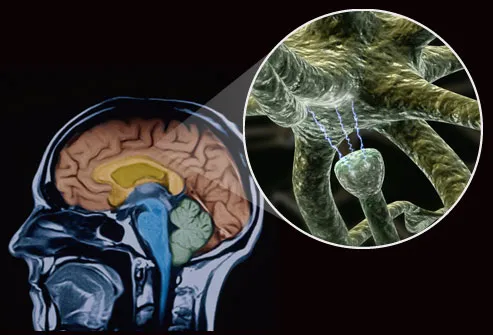Three years ago yesterday, I went on my last binge. Actually, it was more like reaching the end of a final, two-month long binge. The abstinent and sober life hasn’t been perfect by any stretch. But it beats the hell out of where I was at the start.
Mood music:
http://youtu.be/IKpEoRlcHfA
Compulsive overeating was my biggest, most destructive addiction. It led to health problems that only got worse with time. I became a waste of space and fell short as a husband, dad and friend. I used to think about food all the time — where to get it, when to binge it and how to hide the aftermath.
People think of drugs and alcohol as addictive things, followed by gambling, pornography and the Internet. Food, on the other hand, that’s something we need to survive. If you’re a binge eater, it’s not an addiction, the thinking goes. You’re just a glutton who eats too much. The truth is we are ALL addicts. Some of us need chocolate, others need to watch every episode of their favorite TV show.
This year has probably been the most challenging for me since ditching the flour and sugar. There have been stress factors that didn’t exist before, including my father’s multiple strokes. Last month I decided to restart my program at square one, with a new sponsor and a tightening up of my food plan.
It’s hard to pinpoint the moment my recovery started getting wobbly and I started getting sloppy. I don’t know if it’s fully accurate to call this a relapse, but was pretty damn close.
Twice in as many weeks, I forgot to pack an abstinent lunch before leaving the house. When you’re recovery is on sturdy ground, that’s a mistake you NEVER make.
I was skipping too many 12-Step/OA meetings and I stopped calling my sponsor.
One morning I woke up, had a what-the-fuck moment and decided to kickstart things. Hence the “almost” in today’s title.
Last year, my sister Shira asked me what the difference was between someone with a binge-eating addiction and someone who just eats too much without thinking.
It’s a fair question, and a wise one. Here’s how I see it:
Though we all have our addictions, there’s a line someone with an overpowering habit crosses. On the other side of that line, life becomes unmanageable. The fix becomes more important than anything else. You spend ALL your time thinking about how to get it. You burn through money you don’t have and become crafty at lying about it to everyone around you, including the people you love most.
In short, the need for a fix takes your entire brain hostage.
I guess that if I were just a casual overeater, I’d be overweight but life would hum along pretty much as it’s supposed to.
I’m not sure if that makes sense, but that’s what it means to me.
When you realize you need to deal with it, the 12 Steps of Recovery is the map to take you there. It’s very simple. The first steps are the admission that you have a problem that has made life unmanageable, and that you can’t bring it under control without help from a higher power.
There are the basic tools: Having a food plan (mine is devoid of flour and sugar and I put almost everything I eat on a scale). There’s the sponsor, writing, meetings, etc. But along the way, you learn things about yourself and grow in ways well beyond what you expected.
My recovery has lead to many healed relationships and a clearheadedness I never knew before. I’ve been able to reach out to people I’ve hurt in the past and set things right.
It isn’t all roses. The first few months of abstinence were not sober days. I used a lot of wine as a crutch to keep from eating. Eventually I put that down too, because I saw where it was taking me and it scared me. And I’ll be honest: I don’t really miss the food anymore, but I DO miss the wine. Sobriety can be an awkward thing.
I’ve also learned that being clean doesn’t make you a better person. I’ve seen people in AA and OA that will make your skin crawl, and they’ve been clean a long time. Sobriety doesn’t mean you instantly learn how to behave like a good human being. Some people find they were better at that when they had a glass in their hand. Me? I have a runaway ego and some days I still have a bad attitude.
I’m a work in progress. A lot of work.
But I’ll take the me of today over the me of three years ago.










